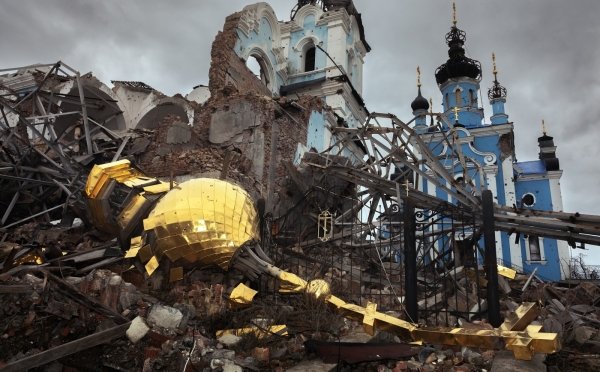STILL TO Come THIS WEEK
 |
Monday, Nov. 4 // 4–5:30 pm (ET)
In America's Cold Warrior, James Graham Wilson traces Paul Nitze's career path in national security after World War II, a time when many of his mentors and peers returned to civilian life. Serving in eight presidential administrations, Nitze commanded White House attention even when he was out of government, especially with his withering criticism of Jimmy Carter during Carter's presidency. While Nitze is perhaps best known for leading the formulation of NSC-68, which Harry Truman signed in 1950, Wilson contends that Nitze's most significant contribution to American peace and security came in the painstaking work done in the 1980s to negotiate successful treaties with the Soviets to reduce nuclear weapons while simultaneously deflecting skeptics surrounding Ronald Reagan. America's Cold Warrior connects Nitze's career and concerns about strategic vulnerability to the post-9/11 era and the challenges of the 2020s, where the United States finds itself locked in geopolitical competition with the People's Republic of China and Russia.

Wednesday, Nov. 6 // 3:30–4:30 pm (ET)
2024 marks three major commemorations for the Meskhetian/Ahiska Turks. It has been 80 years since they were deported from Southern Georgia by Joseph Stalin; 35 years since their forced expulsion from Uzbekistan; and 20 years since international cooperation gave them a new home in the United States. For the Meskhetian/Ahiska Turks that have remained in Russia, however, like many other minority groups, Russia’s war against Ukraine has once again brought uncertainty into their lives.
This panel discussion will feature former Title VIII Summer Research Scholar Richard Arnold, human rights lawyer Steven Swerdlow, and expert on Russian national minorities Maria Vyushkova. They will discuss the history of the Meskhetian/Ahiska Turks, the diplomacy that led to their resettlement in the United States, and the ways in which Russia’s war in Ukraine is impacting minority groups in Russia.

|





